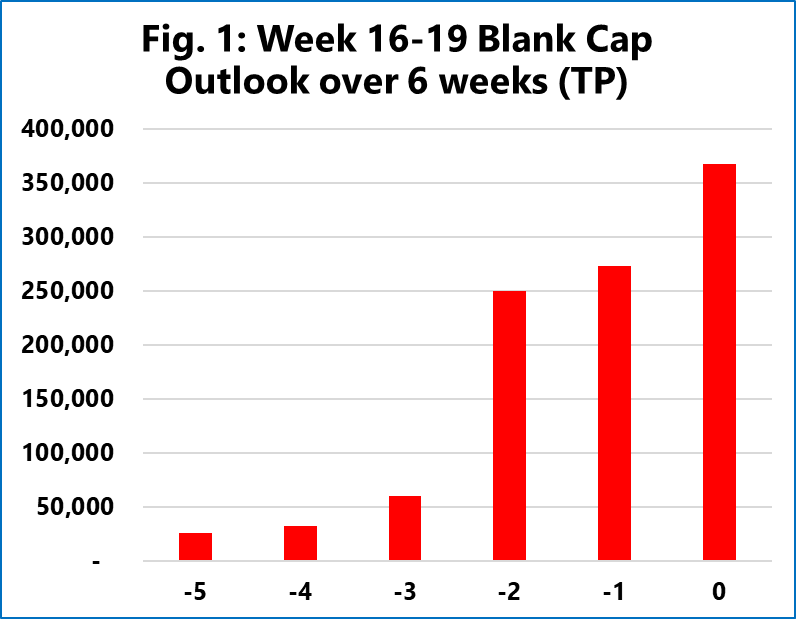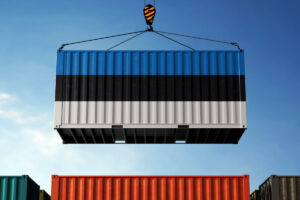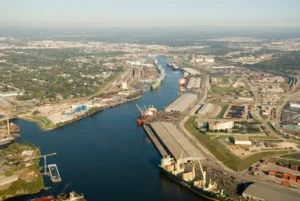Sea-Intelligence has reported a sharp rise in blank sailings on the Transpacific trade, triggered by US President Donald Trump’s latest round of tariff measures.
As a result of tariffs being imposed and lifted frequently, both shipping lines and cargo owners appear to be making only short-term supply chain adjustments, holding off on long-term network changes until the situation stabilizes.
To assess the impact of these fluctuations, Sea-Intelligence reviewed scheduled capacity over the past six weeks for the upcoming four-week period (weeks 16 –19).
On the Asia–North America West Coast trade lane, scheduled capacity stood at 1.43 million TEU in week 10 and remained stable through week 11, dipping slightly to 1.40 million TEU by week 12.
READ: Transpacific blank sailings increase
A more significant drop occurred in week 13, with capacity falling 8 per cent week-over-week to 1.29 million TEU, before rebounding slightly to 1.37 million TEUs by week 15.
Overall, this represents a 12 per cent decrease compared to the capacity scheduled six weeks earlier.
On the Asia – North America East Coast route, scheduled capacity for weeks 16 – 19 fell from 1.01 million TEUs in week 10 to 867,000 TEU by week 15 — a 14 per cent decline over the six-week period.
READ: US East-West Coast witnesses large capacity growth
Figure 1 illustrates the impact of current tariffs on blank sailings across the combined Transpacific trade (Asia–NAWC and Asia–NAEC).
Three weeks ago, just 60,000 TEU was scheduled to be blanked for weeks 16 –19.
Alan Murphy, CEO of Sea-Intelligence, said: “This increased to 250,000 TEU in the space of a week, as carriers announced a raft of blank sailings in response to the tariffs. Another significant increase came in week 15, with the total blanked capacity for weeks 16-19 increasing to 367,800 TEU.
“A similar impact is not seen on the Transatlantic trade, where capacity is largely holding steady, especially now considering a 90-day suspension of tariffs has been announced, by both the Trump administration and the EU.”









